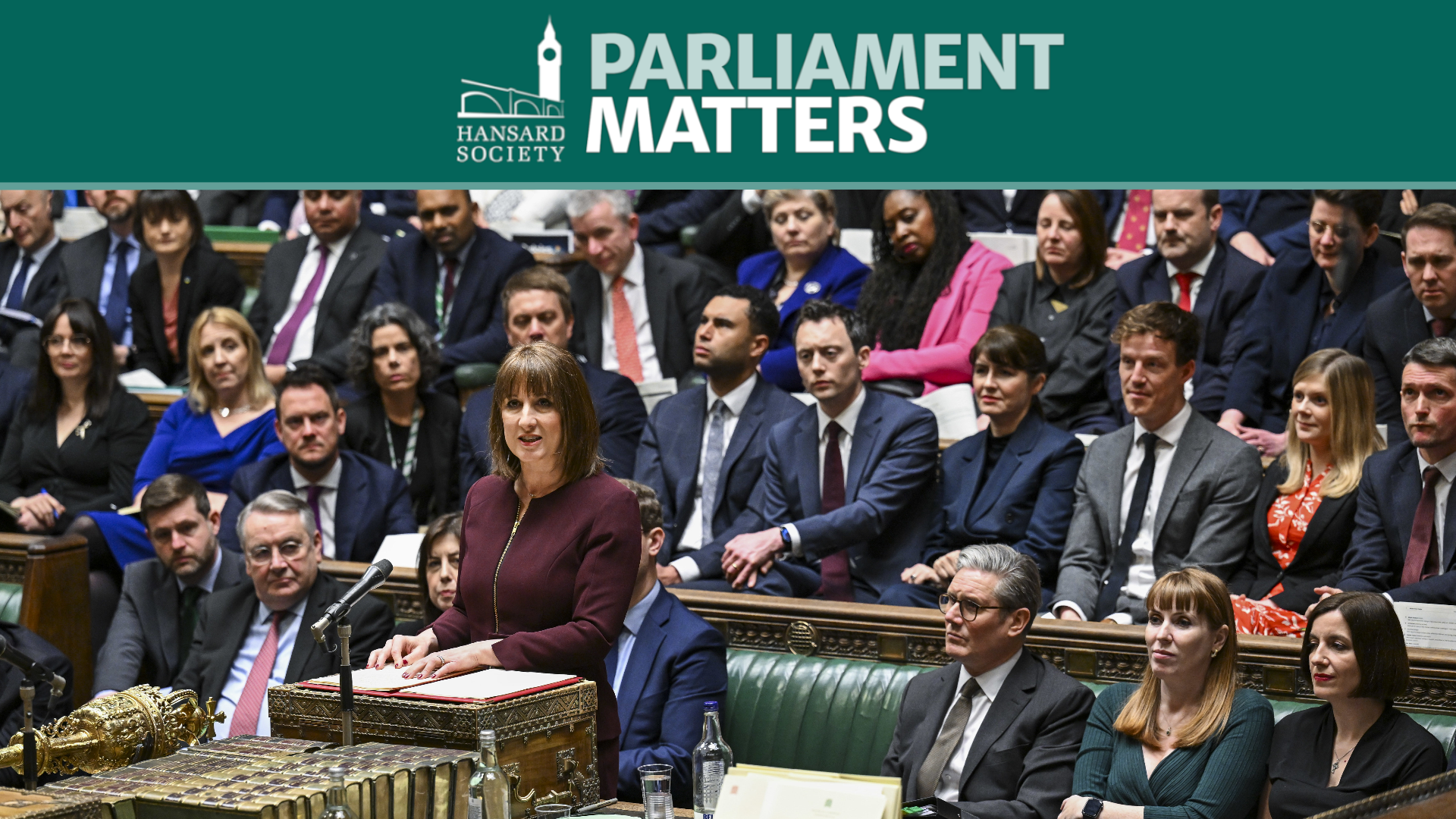And, and I frankly could listen to Helen Thompson opining about these issues, uh, for a very long time on the American side. I too listen to one, but not, I, I can't really get into Pod Save America so much. I prefer Hacks on Tap, which is a similar [00:53:00] thing, but that's David Axelrod who used to work for Obama and Mike Murphy, who's a Republican strategist and consultant, but who's, just to be clear, a never Trumpist, never Trump. He used to work with people like Jeb Bush and John McCain and so on, and he's coined in the last week this magnificent phrase, Trumpanzee, for the chaos in, in American politics. Another one I've gotten into, particularly since the events in Israel 18 months or so ago, it had been going before that, but unholy Two Jews on the News, which is Jonathan Friedland from the Guardian Newspaper, and an Israeli journalist broadcaster I'd not heard of until I came across her, her on this podcast, Yannick Levy, who's, uh, Channel 12 News in Israel. And it's just a fascinating discussion about the state of, of Israeli politics, what's happening with democracy there?




